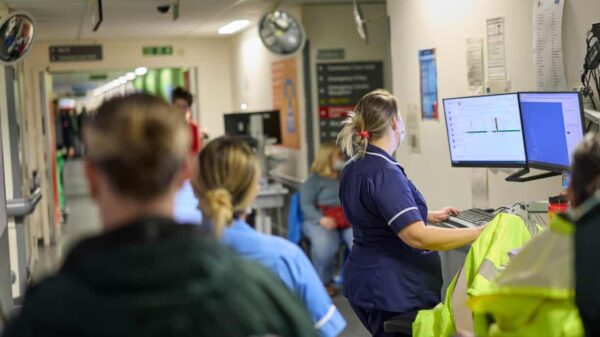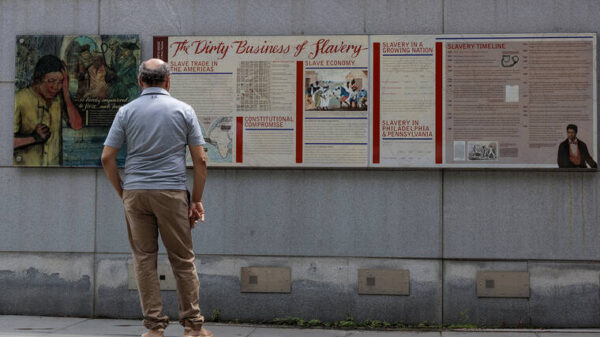In a recent letter to the editor, Aditi Jamkhande emphasized the benefits of biking for health and livability in New Hampshire. She highlighted the challenges posed by a car-centric culture, which has largely evolved due to corporate influences, particularly from the early automobile industry. Jamkhande argues that improving bike infrastructure could significantly enhance urban livability and public health.
Transforming Urban Spaces
Many towns and cities in New Hampshire, including Manchester, have prioritized road space for vehicles over greenery and alternative transportation options. This layout makes it difficult for residents to navigate daily life without a car. Jamkhande acknowledges that while some areas may not achieve a fully walkable environment due to low density, they can still work towards becoming more bike-friendly.
Currently, bike lanes exist in various locations, but their prevalence is insufficient, especially given the high rate of accidents involving cyclists. Jamkhande proposes that local governments conduct polling to assess public interest in biking. She cites successful initiatives in cities like Seville, Spain, where residents expressed a desire for improved bike infrastructure. In response, the city implemented safety measures, converting parking spaces into bike lanes. This change resulted in an impressive elevenfold increase in biking trips.
Benefits of Biking
The advantages of cycling extend beyond personal health. Cyclists can alleviate traffic congestion, moving at speeds five times faster than vehicles in car lanes. This not only promotes an active lifestyle but also addresses several public health concerns related to inactivity. Additionally, cities with strong biking cultures often experience reductions in pollution levels and traffic, contributing to a more sustainable urban environment.
Jamkhande’s vision for New Hampshire aligns with a growing awareness of the need for change in transportation habits. By prioritizing biking, local governments can create safer, more livable communities that benefit public health and the environment. The call for a bike-friendly approach reflects a broader trend observed in urban planning, where cities are increasingly recognizing the importance of accommodating cyclists.
As New Hampshire considers its transportation future, embracing biking as a viable option could lead to significant improvements in both urban livability and public health outcomes. The experiences of cities like Seville serve as a testament to the potential benefits of such initiatives.








































































